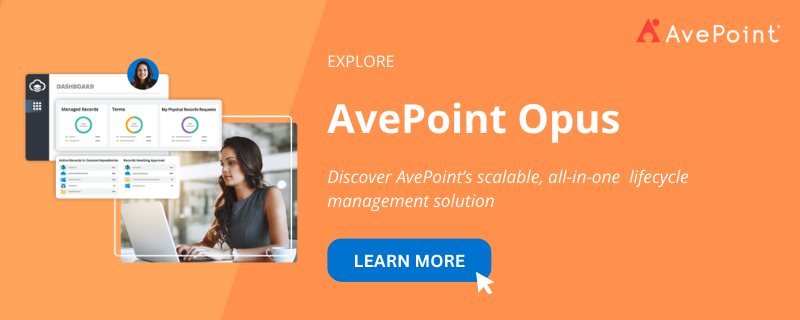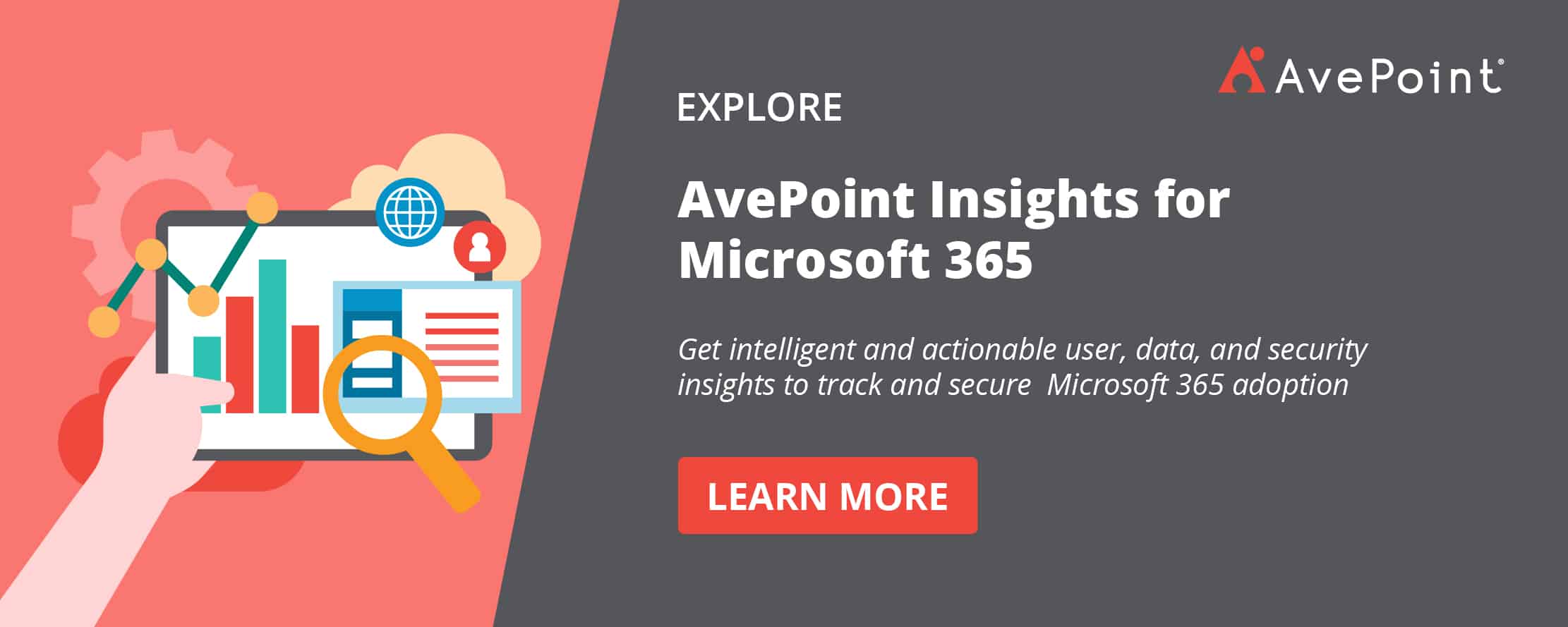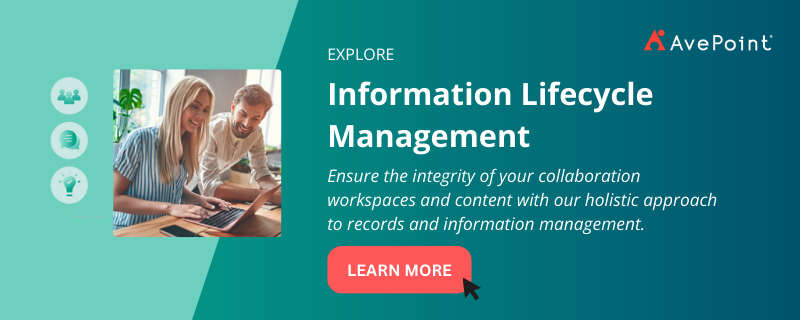In the dynamic realm of data-driven decision-making, the role of a Chief Data Officer (CDO) is pivotal, yet not universally embraced. A study by PwC unveils a startling trend: a mere 24% of 2,500 surveyed enterprises had a CDO in their ranks in 2023, a slight dip from the 27% observed in the previous year. The downtrend since 2021 reflects a reluctant approach to adopting data leadership but also signals a critical juncture for organizations to reassess the value of CDOs in harnessing the power of data for strategic advantage.
Since its inception in 2002, there has been much confusion about the purpose of the CDO as organizations have defined the role in various ways. A survey revealed that the CDO role is still unclear, with only 28% of respondents seeing it as successful and established. However, as we navigate the complexities of the artificial intelligence (AI) era, the critical nature of data becomes increasingly evident, necessitating leaders who deeply understand and can leverage this asset.
In this context, organizations are now reshaping the CDO’s role. CDOs now have a unique opportunity to chart a path that maximizes data’s potential but must do so quickly; the new opportunities and threats arising are rapidly evolving. In this blog post, we’ll discuss strategies to set your organization up for success in this new landscape and derive maximum value from your data.
The CDO’s Mission: Maximizing Value from Data in the Long-Term
There can never be a one-size-fits-all role prescription as data priorities and needs vary per industry. A CDO’s role in a pharmaceutical company is vastly different from one in a supply chain or a fast-moving-consumer-goods company. Despite inherent role disparities, the core function of CDOs – extracting value from data to support business goals – holds true for all regardless of industry or business size.
Data is the new gold, so, CDOs need to mine it carefully, or they’ll miss out on the chances to draw value from it.
AvePoint's proven approach to data management – backed by more than 20 years of experience in providing leading-edge software-as-a-service (SaaS) solutions – can help organizations maximize the value from data in a sustainable manner.
We present the three-phase framework to guide CDOs as they carry out their mission:
Phase 1: Understand and Organize Your Data
Deriving value from data relies heavily on the kind of data foundation organizations have, so every CDO’s first step is to gain a thorough understanding of the quality and quantity of data their organization has.
Striving for data quality is a CDO’s core function, and this means establishing measures to achieve data that is accurate, relevant, and accessible to the right people throughout its lifecycle.
This involves the process of collecting, organizing, storing, preserving, retaining, and disposing of information while maintaining control over its structure, processing, and delivery, both in electronic and physical formats.
It's important to implement ways to address redundant, obsolete, and trivial (ROT) content from short-lived projects, as this can clutter repositories, negatively affecting storage efficiency and data quality.
Good quality data needs consistent classification, structured governance, and automated processes for data management. In this context, a comprehensive information management framework must be built for organizations to automate their content lifecycle from creation to defensible disposal to ensure that they only hold on to relevant, timely, and accurate data.
A robust solution that can assist CDOs in attaining quality data is AvePoint Opus, enabling organizations to manage their content across various repositories in an efficient and compliant manner. AvePoint Maestro, the AI-powered classification feature of AvePoint Opus, enables organizations to identify high-value content, tagging, and classifying it at scale while automatically applying the appropriate lifecycle policies.

Phase 2: Ensure Data Security
Ensuring data security is crucial to protecting your organization’s valuable data from being manipulated, deleted, or encrypted by cybercriminals, or accidentally mishandled by well-intentioned employees, both of which could result in the loss of historical data. With the right security measures in place, you can safeguard your data against such threats.
To mitigate risk, it’s essential to know where it resides in your environment.
CDOs need to identify where their sensitive and overshared data exists in their data ecosystem, such as unprotected personally identifiable information (PII), financial data, proprietary information, or content with anonymous sharing links.
CDOs can perform a risk assessment manually or automatically. The manual route is tedious: CDOs can use Microsoft’s eDiscovery feature to find and mark sensitive information in their library. But this requires one to run different queries for each type of sensitive data, aside from checking the permissions of each workspace with sensitive data to see if they are tight enough. And this excludes how to find content that is shared too widely which means reviewing every folder and file's sharing link.
A more efficient way is for CDOs to scan their environment for risks automatically with tools like AvePoint Insights, which scans and aggregates sensitivity and activity data across your Microsoft 365 tenant to find and fix permissions problems. Implementing this proactive step ensures only authorized parties get access to information intended only for restricted use.

Once they understand the risk, CDOs need to control who has access to sensitive information and how they can interact with it. Proper access controls, classifications, and permissions limit access to authorized personnel, reducing the risk of data breaches and accidental exposures. In collaboration with the CISOs, CDOs can automate policy enforcement to help maintain these controls and ensure ongoing compliance. They also need to regularly monitor permissions and access controls so their organization stays on top of data risks, making sure data is secure even as it evolves through time.
To assist CDOs in this aspect of preserving data quality, AvePoint Policies can help them automate the enforcement of security rules across their digital workspaces, such as Teams, Groups, Sites, and OneDrives, or their entire Microsoft 365 tenant. It proactively tracks configuration deviations, while alerting and restoring changes that violate policies as frequently as every two hours. This ensures that proper access controls and permissions are applied so sensitive data is secured. By using AvePoint Policies, CDOs can maintain data quality and security without relying on end-user or IT intervention, reducing the risk of data breaches and other security issues.
As CDOs establish a robust data foundation through the initial phases we’ve discussed, they effectively lay the groundwork for the crucial aspect of their role: maintaining high-quality data to maximize value extraction.

Phase 3: Maintain Quality Data to Drive Value
The ability of CDOs to derive value from data is strongly linked to the framework and mechanisms they’ve established to rigorously maintain data quality. This requires implementing measures to keep their systems running smoothly, and this is where automation of your information lifecycle management becomes necessary to avoid large data cleanups in the future.
To preserve data quality, CDOs need a comprehensive system to leverage automation for managing information lifecycle from creation, classification, retention, archiving, and disposal without relying on user intervention.
Once the automation of your information lifecycle management is all set up, you not only have good data sets for your teams to use, but you're also ready for effective AI implementation, an initiative that also thrives on quality data.
While getting their data in order is an initial victory for CDOs, maintaining its order is equally important – a continuous victory that must be achieved over time. This can be accomplished by establishing efficient information lifecycle management processes, which should help CDOs set their organization up for success, especially those who are keen on integrating AI into their operations.
The use of AI tools to unlock the potential of enterprise data has garnered much interest of late. Quality data is essential to reaping the benefits of AI tools like Microsoft 365 Copilot in the long-term. AvePoint Opus helps CDOs implement effective information lifecycle management, ensuring the creation, archiving, and disposal of data is managed with advanced AI and automation. This lifecycle management fosters trust in enterprise data and establishes high-quality data as a standard which in turn improves the accuracy and relevance of AI results, as well as data-driven decision-making and strategic planning across various functions.
Chart the Path Forward with AvePoint
CDOs can maximize the value of enterprise data only if it’s organized, secure, well managed and governed. To ensure data quality, organizations should know that the challenge requires applying efficient data management practices continuously.
Each industry has its own data challenges and objectives, so it is important for business leaders to be clear about what specific problems CDOs need to solve, aside from understanding that their strategic impact might not be immediately visible.
Moreover, CDOs require tools to accomplish their mission. With AvePoint as your partner, we offer vital tools to handle all your information lifecycle management, backup and recovery, and Copilot readiness needs. Whether or not you have a CDO, the enterprise data goals and needs discussed here apply to all organizations regardless of size and industry. Business leaders need to think carefully about the best way to lead with data when shaping their strategy for success now and in the future.


